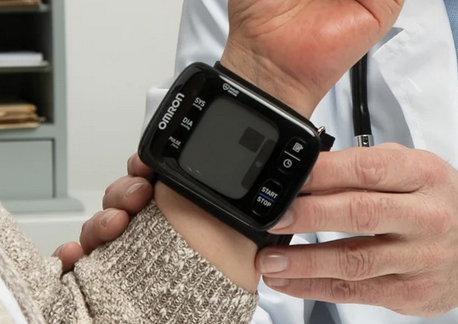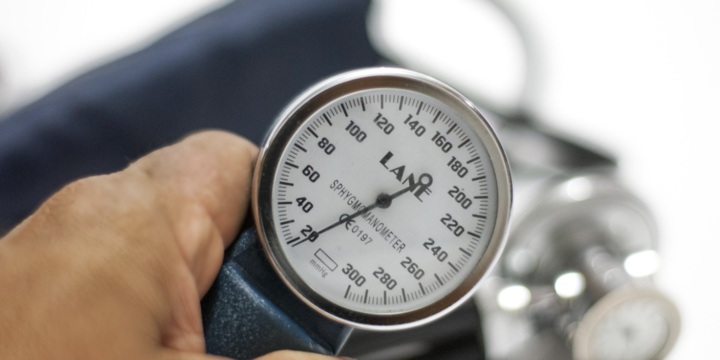
Wrist Blood Pressure Monitor: Why You Should Think Twice Before Buying One
Home blood pressure monitoring is essential for managing heart health and preventing cardiovascular problems. Many people are drawn to wrist blood pressure monitors because they are compact, easy to carry, and appear convenient. However, despite their appeal, there are significant accuracy and reliability concerns that make upper-arm monitors a safer choice for most individuals. If you’re considering buying a wrist monitor, it’s crucial to understand the potential pitfalls and what experts recommend. https://www.youtube.com/watch?v=miwgBEZvj1s Accuracy Concerns with Wrist Monitors Unlike upper-arm monitors, wrist blood pressure monitors are extremely sensitive to positioning. Even slight deviations from the recommended position can cause major inaccuracies. For instance, if your wrist isn’t precisely at heart level, your readings may be falsely high or low. Proper use requires aligning the cuff exactly with the radial artery…







